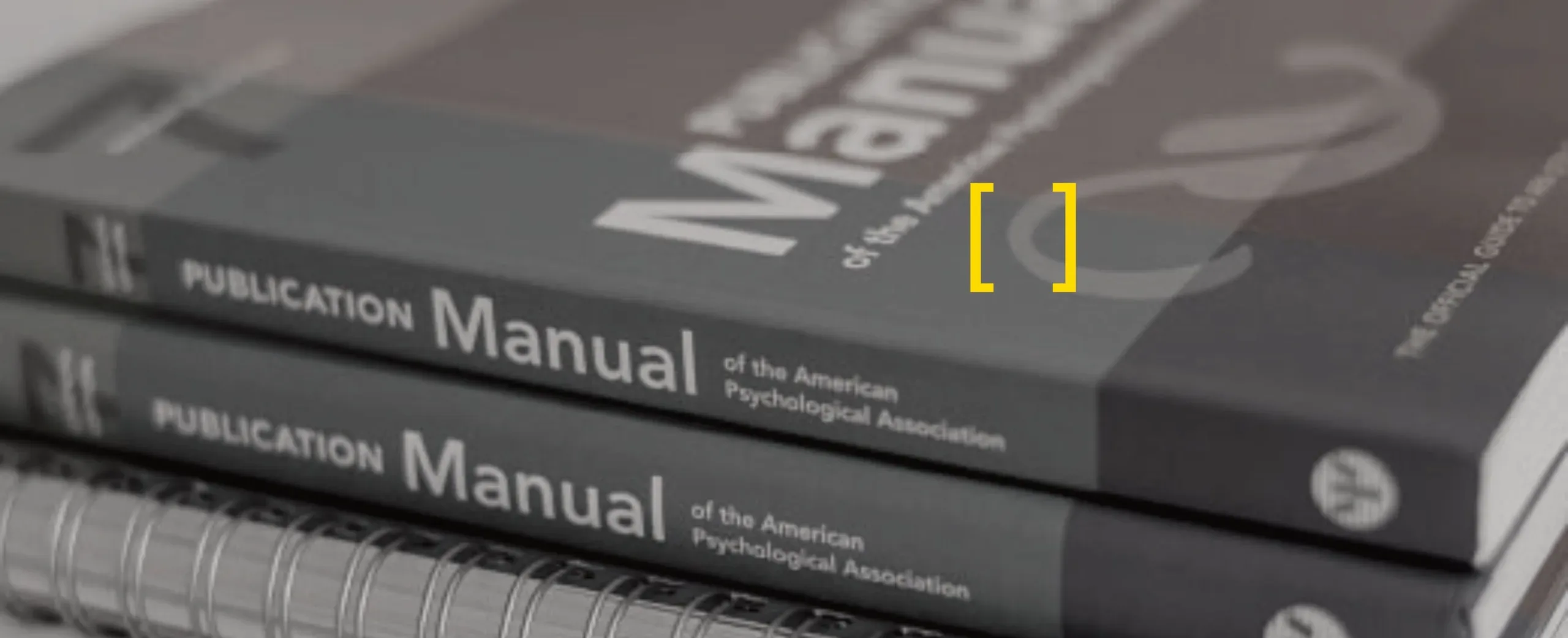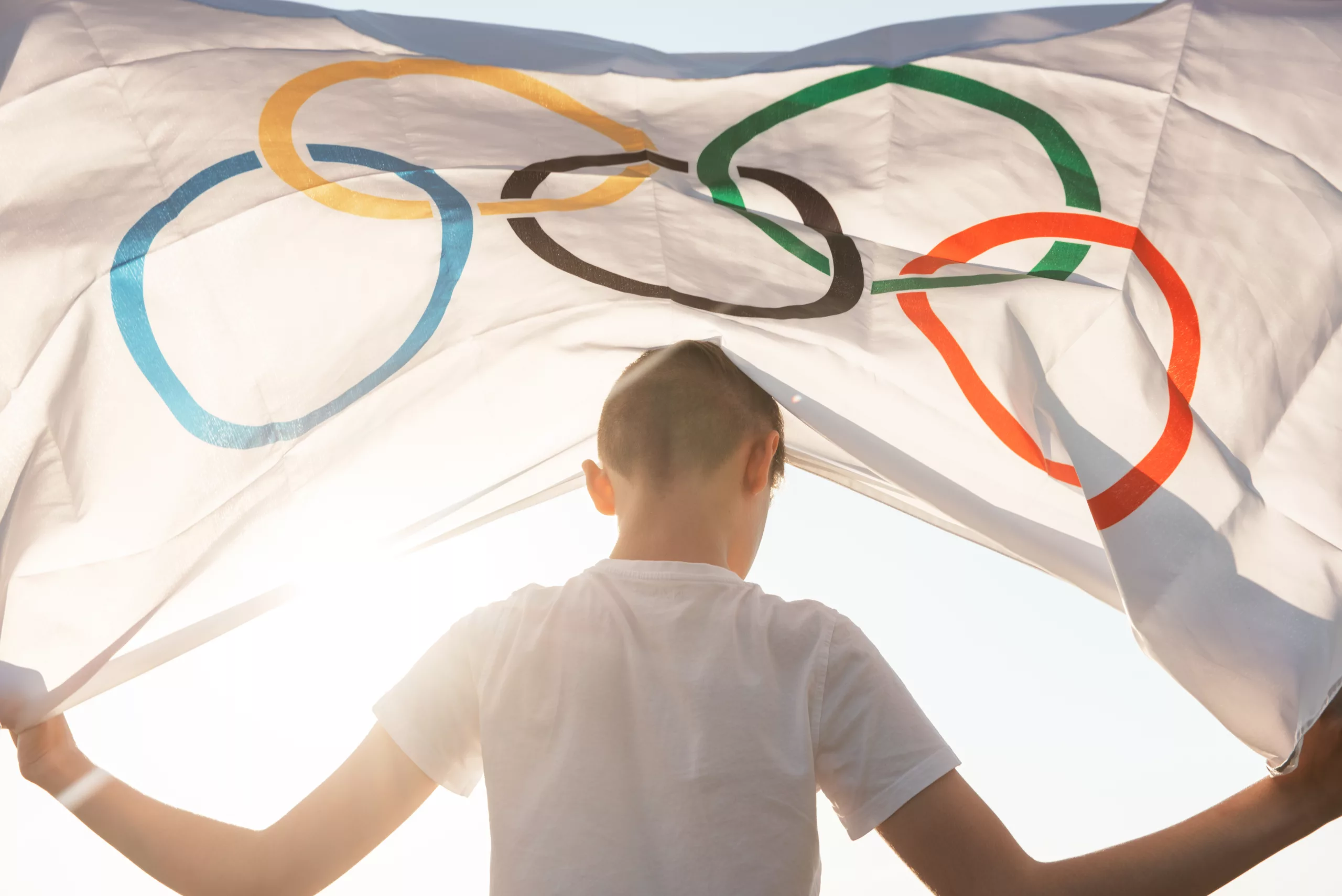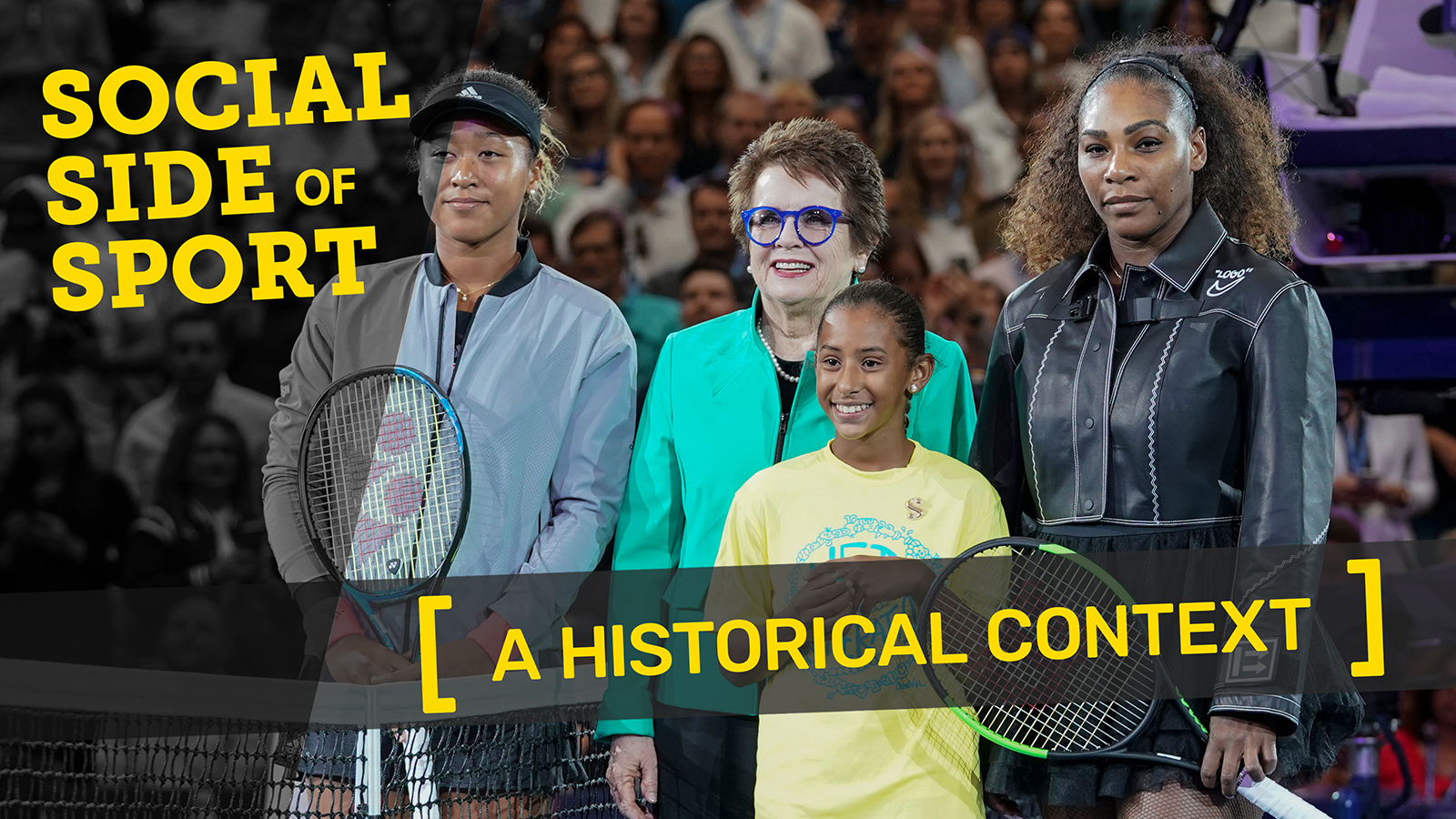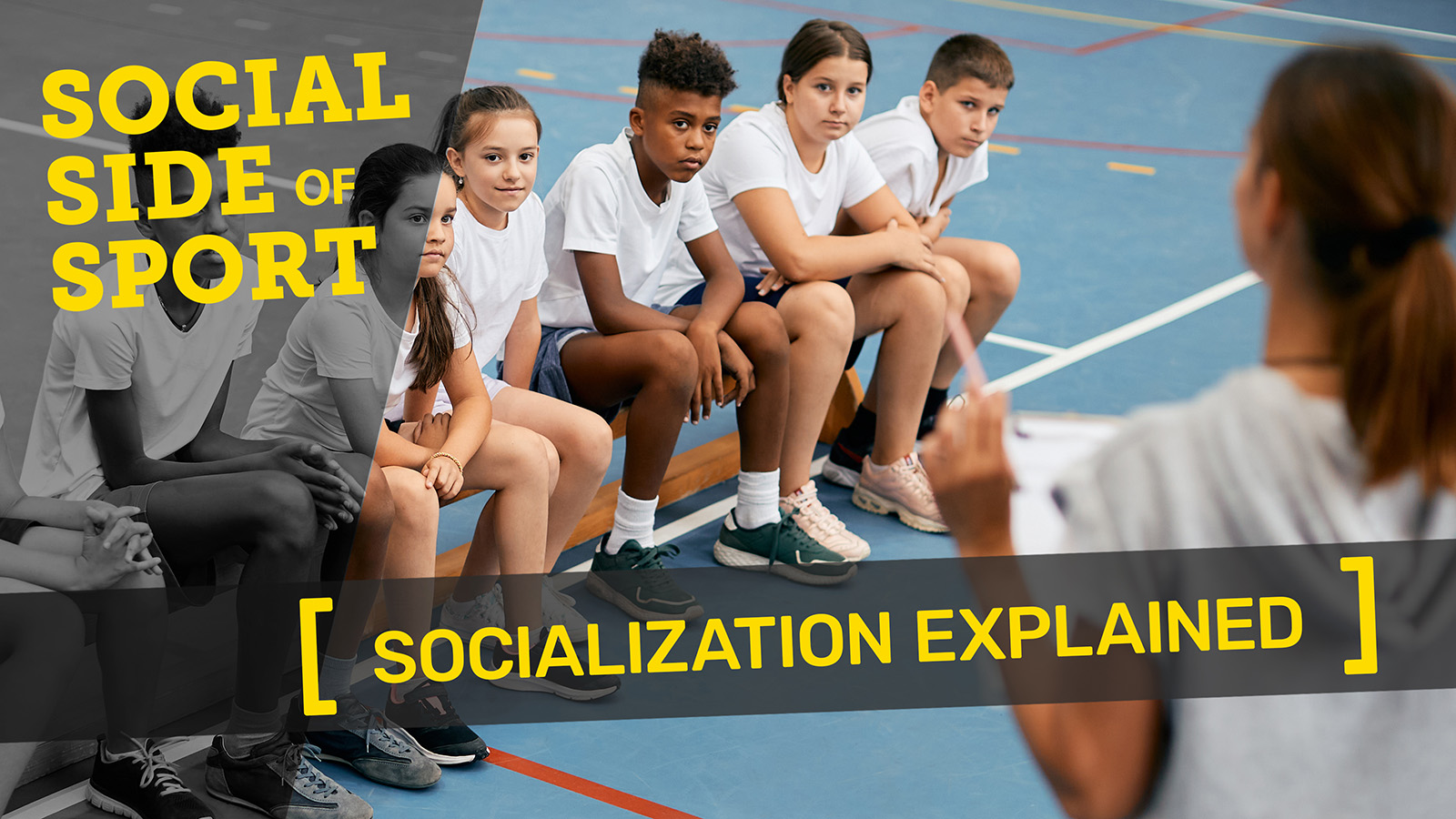The ‘Multicultural Guidelines: An Ecological Approach to Context, Identity and Intersectionality,’ aka the ‘Multicultural Guidelines’ (APA, 2003), represents a document of the American Psychological Association that illuminates the importance of considering multiculturalism, broadly defined, and the need for cultural competency, cultural humility, and social, political, economic, and other environmental factors as critical contexts for psychologists in their understanding and appreciation of human interactional dynamics across professional service domains. The current ‘Multicultural Guidelines,’ were officially adopted by the American Psychological Association on August 3, 2017, by the APA Board of Directors. This updated and revised document represents the Association’s mandated update of 10 years. The original ‘Multicultural Guidelines’ aka ‘Guidelines on Multicultural, Education, Training, Research, Practice and Organizational Change for Psychologists’ were adopted by the APA in 2002 and extended beyond 2012 when the 2002 document was for update.
The original ‘Multicultural Guidelines’ (2002) came to fruition following more than five decades of difficult conversations about race and social class in America. These conversations, initiated mostly by ethnic minority psychologists, ethnic psychological associations (e.g., The National Association of Black Psychologists, the Asian-American Psychological Association, National Latina/o Psychological Association, and the Society of Indian Psychologists) and their allies (Sue, Arredondo, & McDavis, 1992; Sue et al., 1982) were responding to the negligence of American psychology to acknowledge race and social class as critical variables for understanding human interactions. The negligence was especially
glaring given America’s very significant historical and contemporary embrace of socially constructed and systemically supported social, political,
economic, educational, and healthcare disparities that continued to define the lived realities of marginalized racial and ethnic communities in the United States. Three factors influenced the framework of an updated version of the ‘Multicultural Guidelines’ (2017).
Changing demographic profiles of America’s citizenry juxtaposed to a proliferation of scholarship on multicultural identities (broadly defined) led to increased recognition of the importance of understanding and appreciating
the intersectional complexities of race, social class, age, gender, religion, disability, sexual orientation, immigration status, and other dimensions of being human as markers of personal identities. The exponential growth within the information and communications technology industry, with its increasingly sophisticated ways of storing, retrieving, manipulating, and communicating information, and, particularly the influence of social media,
represents second factor that is influencing the framework for the updated ‘Multicultural Guidelines.’ Lastly, the growing recognition, acceptance, and integration of the lived experiences of citizens around the globe represents a third factor influencing the framing of the updated ‘Multicultural Guidelines.’
References
American Psychological Association. (2003). Guidelines on multicultural education, training, research, practice and organizational change for psychologists. American Psychologist, 58, 377 402.
Sue, D. W., Arredondo, P., & McDavis, R. (1992). Multicultural counseling competencies and standards: A call to the profession. Journal of Counseling and Development, 70, 477 486.
Sue, D. W., Bernier, J. E., Durran, A., Feinberg, L., Pedersen, P., Smith, E. J., & Vasquez-Nuttall, E. (1982). Position paper: Cross-cultural counseling competencies. The Counseling Psychologist, 10, 45 52.
***Contributed by William D. Parham for Hackfort, D., Schinke, R. J., & Strauss, B. (Eds.). (2019). Dictionary of sport psychology: sport, exercise, and performing arts. Academic Press.
(https://amzn.to/3ZxARzT)





















